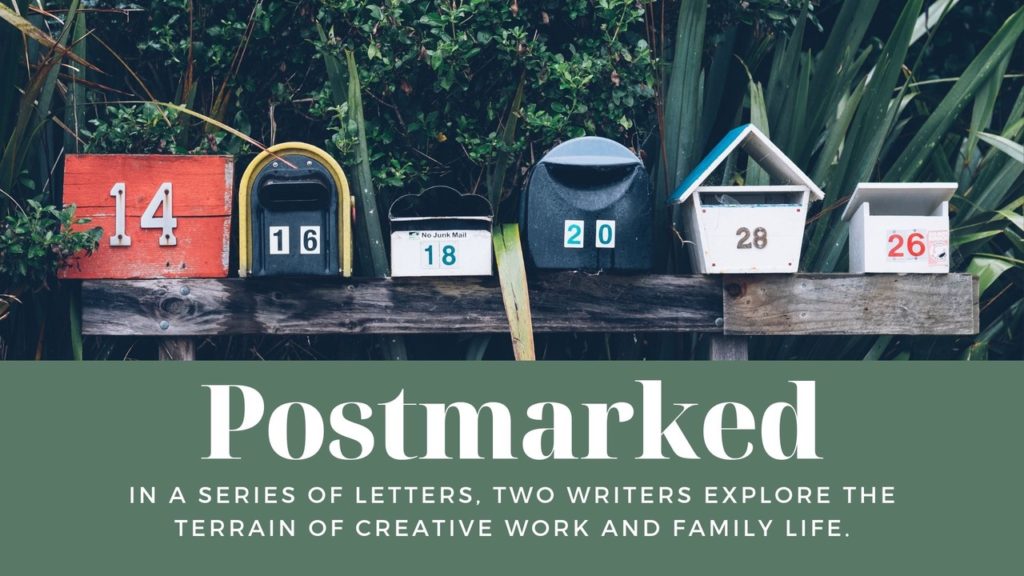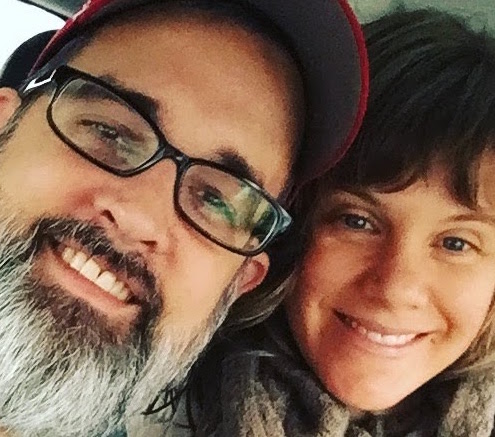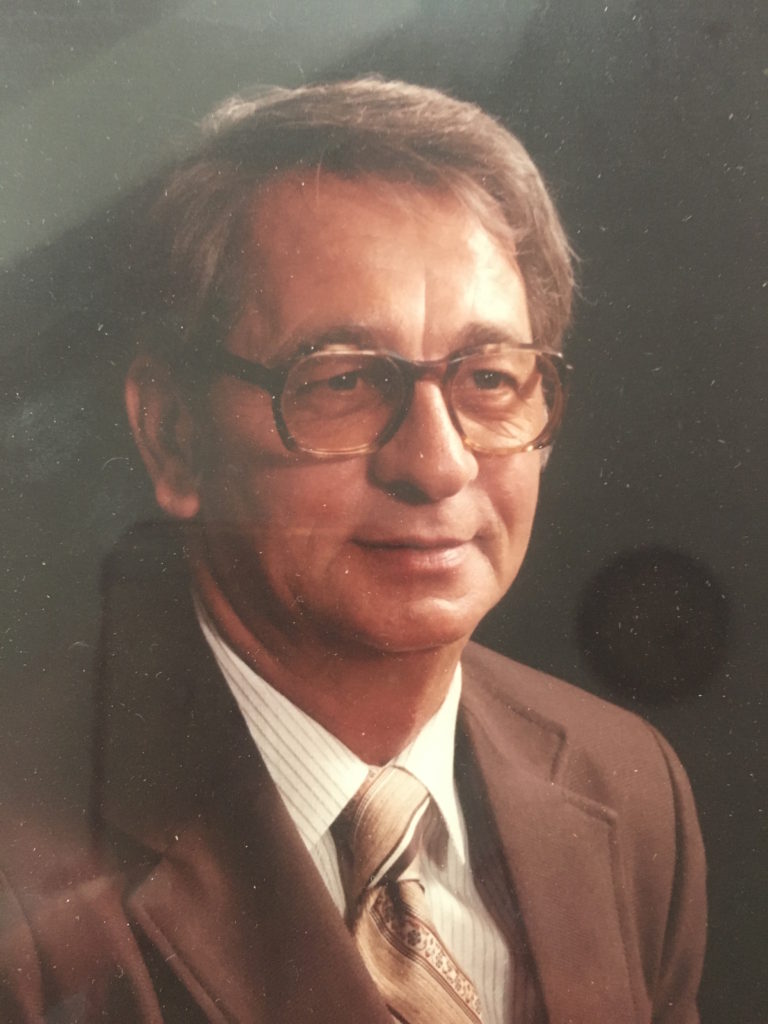
Dear Jen
Well, here we go. I’m sitting on the bedroom floor where my youngest two sleep. Leo is already out, the fan raising wisps of his long hair as the night settles outside. Poppy has restless legs, though her eyelids are nearly too heavy for her to hold open. I have my laptop in front of me, but a pillow that one of them discarded is calling my name. Honestly. I’m so tired, I think I could sleep for a year.
We’ve reached the end of the road, at least as far as these letters are concerned. Today is the last letter I’ll write to you. And next week, you’ll take us home. What an enjoyable routine this has been for me over the last 40 or so weeks. Nearly a year. That’s quite a thing.
Our exchange might be coming to an end, yet everything else around me is screaming that the world is stuck in this liminal space: Covid-19 simmers somewhere below the surface, no longer peaking yet still not behind us; the city streets of this nation are pouring forth a kind of mangled pain and grief. We can see where we’ve been—do we know where we are going? What do the coming days and weeks have in store for us?
I have to be honest: some days I wonder if these festering wounds of racism and white supremacy in the Unites States can ever heal. I hold onto hope, though—not for me, but for those most effected by the systemic injustices that abound. It is such an uncomfortable space to lean into, a topic that for nearly forty years of my life I knew so little about, but it’s important work, and it involves people I love. I hope we all find the strength to play our part, to tend to our garden, no matter the fires that rage.
And in the midst of all this, a book release. These Nameless Things releases in less than four weeks. To be honest, I don’t even know what to say about that right now, in these times. I don’t know where to begin.
As I considered what I might like to write in this, my part of our final exchange, there was really only one main thing I wanted to express, one message that kept rising to the front of my mind:
Jen, keep going!
Just about every day, writers like us encounter a new reason to stop writing. Either it feels like we’ll never get to where we want to go, or someone doesn’t appreciate our work, or rejections large and small dot the landscape, or, as Wallace Stegner once said, the stories never turn out on paper the way they had in our head.
And, yet. What else would I do, but write? I can’t think of a thing. Honestly. Not a thing. Some days, this seems like a fruitless calling, and other days, a glorious one.
Outside my children’s bedroom window, I can see blue sky behind the last, thinning remnants of storm clouds that have passed. They brought in their wake a delicious coolness, a dim kind of summer evening light, and a stillness that can be felt as much as seen. Even the willow tree growing over the alley, with its light limbs normally willing to move at the slightest rustle, stands completely still.
Dare we hope for such peace, such calm, in our world? Dare we hope these storms will pass us by and leave us with something better than the charged, pre-storm air? Dare we hope that something will come of these words we constantly try to string together? Perhaps it’s the message we all need right now, in this difficult space. Keep going.
Sometimes, in these liminal spaces, hope is all we have. Sometimes, taking the next step is all we can do.
It’s been a lot of fun, building up a kind of collective hope in these letters, with you.
Thank you, and, until our paths cross again…
Keep going,
Shawn



